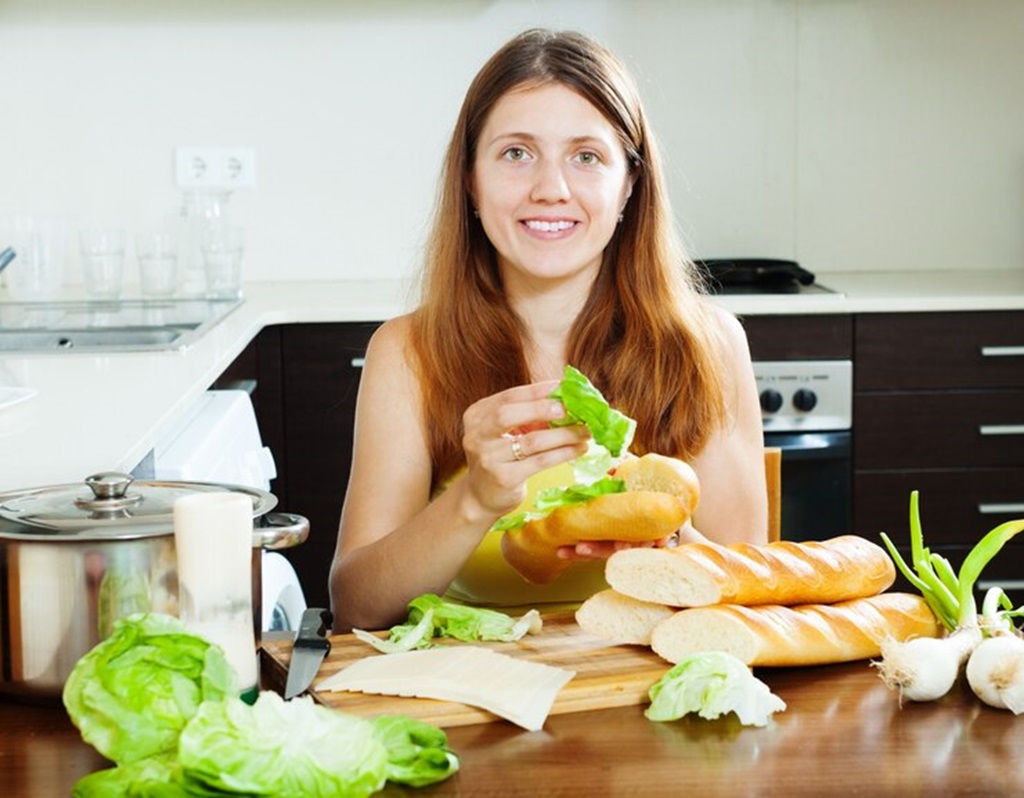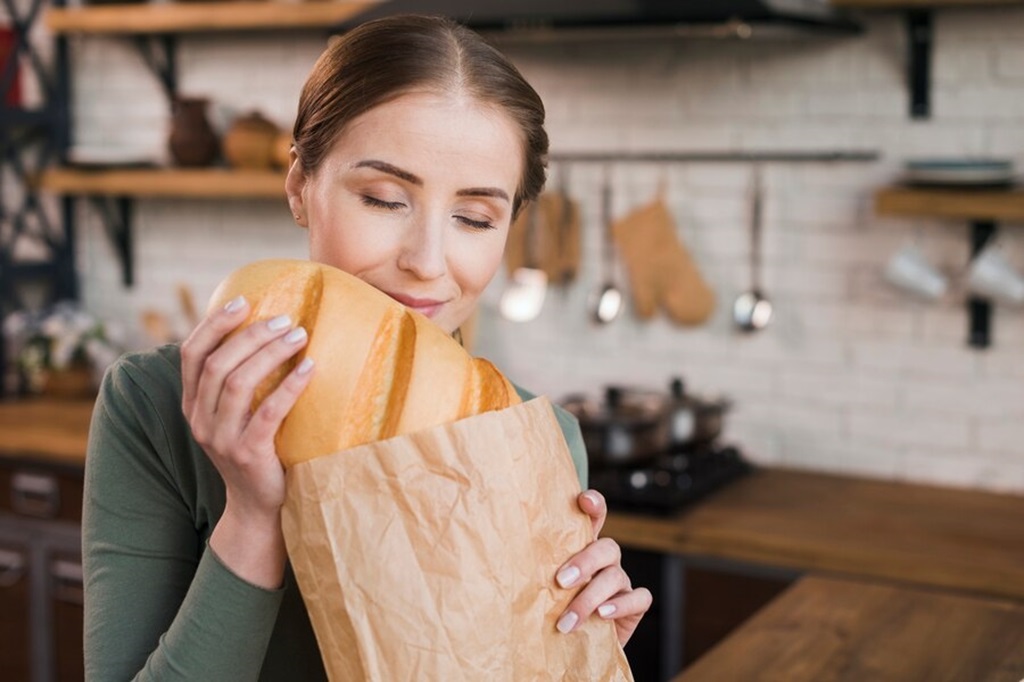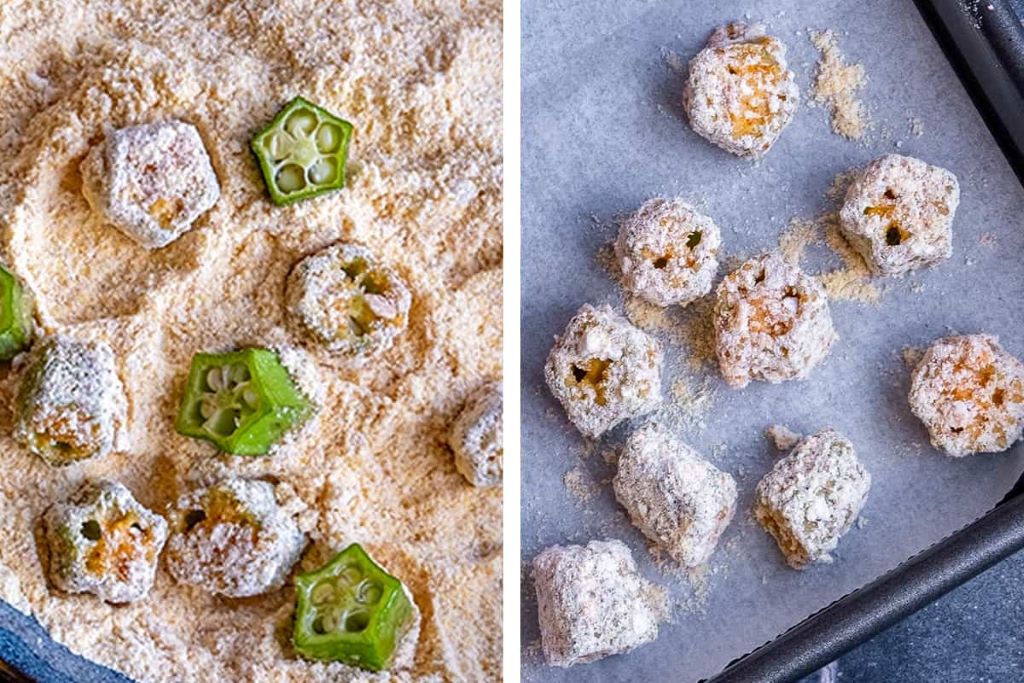Bread is a staple food enjoyed worldwide, from French baguettes to hearty multigrain loaves. But for vegans, the question arises: Can vegans eat bread? While it may seem straightforward, determining whether bread aligns with vegan principles can be surprisingly complex. Let’s break down the ingredients, preparation methods, and variations to answer this essential question. Along the way, we’ll also explore Ideya, a valuable resource for those navigating a vegan lifestyle.
Understanding the Basics: What Makes Bread Non-Vegan?
At its core, traditional bread contains four main ingredients:
- Flour
- Water
- Yeast
- Salt
These are vegan-friendly, but modern bread recipes often include additional ingredients that complicate matters.
Common Non-Vegan Ingredients in Bread
- Milk or Milk Products: Milk, whey, or casein are sometimes used to add softness or moisture.
- Eggs: Commonly found in brioche or challah for a rich, fluffy texture.
- Honey: Used as a natural sweetener, especially in artisan or health-focused bread.
- Butter: Adds richness and flavor but is derived from animal products.
- L-Cysteine: A dough conditioner, sometimes sourced from animal hair or feathers.
A 2022 survey of commercial bread brands revealed that approximately 30% of loaves contain animal-derived ingredients. This means vegans need to scrutinize labels carefully.
Do Vegans Eat Rice? Exploring the Connection
When considering bread, the vegan diet often involves a range of staples. An interesting question arises: do vegans eat rice? Like bread, rice is often seen as a plant-based food. However, much like bread, preparation, and additives can alter its vegan status. Similarly, identifying vegan-friendly bread involves examining preparation methods and potential cross-contamination with animal products.
Bread Types and Their Vegan Status
Bread comes in a variety of types, each with its own unique ingredients and preparation methods. Let’s analyze popular bread varieties and determine their vegan-friendliness.
- Sourdough
- Vegan-Friendly? Yes, in most cases.
- Sourdough is made using flour, water, salt, and a natural yeast starter, making it a safe choice for vegans.
- White Bread
- Vegan-Friendly? Sometimes.
- Commercial white bread often contains milk derivatives or dough conditioners like L-cysteine, so checking the label is crucial.
- Whole Grain or Multigrain
- Vegan-Friendly? Often yes, but not always.
- While these loaves are typically plant-based, added honey or butter might render them non-vegan.
- Brioche and Challah
- Vegan-Friendly? Rarely.
- These breads rely heavily on eggs and butter for their characteristic richness.
- Flatbreads (e.g., Pita, Tortilla, Naan)
- Vegan-Friendly? Varies widely.
- While pita and tortilla are often vegan, naan frequently contains yogurt or ghee.
A 2021 study found that approximately 60% of artisan bakery breads are vegan-friendly, while only 40% of commercially pre-packaged loaves meet vegan standards.
The Vegan Perspective on Bread Ingredients
Vegans often debate the ethical considerations of borderline ingredients like honey and L-cysteine. Let’s delve into these key components.
- Honey: An Ethical Dilemma
- Vegans typically avoid honey due to its production involving bees, which are exploited for commercial gain. However, some vegans argue for its use when sustainably sourced.
- L-Cysteine: Animal-Derived or Synthetic?
- Traditionally derived from animal sources, L-cysteine is increasingly being synthesized artificially. For strict vegans, this distinction matters when choosing bread.
- Mono- and Diglycerides
- Found in many breads, these emulsifiers may be plant- or animal-derived, creating ambiguity for vegan shoppers.
By understanding these nuances, vegans can make informed decisions about which breads align with their ethical choices.
Related: How to choose a bread machine for home (Tips to consider)
Statistics and Trends in Vegan Bread Consumption

- A 2023 poll by the Vegan Society revealed that 72% of vegans actively avoid bread due to ingredient uncertainties.
- However, the rise in demand for vegan-friendly bread has led to a 35% increase in plant-based bakery options since 2020.
Vegan Bread Brands to Consider
To save time and ensure quality, many vegans turn to trusted brands that explicitly cater to their dietary needs. Notable examples include:
- Dave’s Killer Bread: 100% vegan-certified.
- Ezekiel Bread: A sprouted-grain bread with no animal products.
- Silver Hills Bakery: Focused on wholesome, vegan ingredients.
Making Your Own Vegan Bread
For those looking to avoid ambiguity, homemade bread is an excellent option. Here’s a simple vegan recipe:
Ingredients:
- 3 cups of all-purpose flour
- 1 cup of warm water
- 2 tsp of yeast
- 1 tsp of salt
- 1 tbsp of olive oil
Instructions:
- Combine yeast and warm water, allowing it to bloom for 5 minutes.
- Mix flour and salt in a bowl. Gradually add the yeast mixture and olive oil.
- Knead the dough for 8–10 minutes until smooth.
- Let the dough rise for 1 hour in a warm place.
- Bake at 375°F (190°C) for 25–30 minutes.
Homemade bread not only ensures vegan compliance but also offers the flexibility to customize flavors.
Related: Recipe: Homemade Naan Roti – Easy and Authentic Indian Bread
Navigating Veganism in the Bread Aisle
Vegans can enjoy bread, but diligence is required when selecting products. Tips for identifying vegan bread include:
- Check Ingredient Lists: Avoid items like whey, casein, honey, and L-cysteine.
- Look for Certifications: Labels like “Certified Vegan” provide peace of mind.
- Ask Bakeries: Artisanal bakeries often disclose all ingredients upon request.
With these strategies, even a novice vegan can navigate the complexities of bread shopping.
The Bigger Picture: Vegan Bread and Sustainability
Embracing vegan bread options isn’t just about personal ethics—it’s also about sustainability. A 2021 report from the World Resources Institute highlighted that plant-based bread production has a significantly lower carbon footprint than its animal-derived counterparts.
By choosing vegan bread, individuals can reduce greenhouse gas emissions, conserve water, and promote sustainable agricultural practices.
Conclusion
So, can vegans eat bread? The answer lies in the ingredients and preparation methods. While many types of bread are inherently vegan, others require careful scrutiny. By leveraging and following a few simple guidelines, vegans can enjoy this versatile staple guilt-free. Whether opting for trusted brands, making homemade loaves, or exploring plant-based alternatives, vegan bread is accessible and delicious for all.




